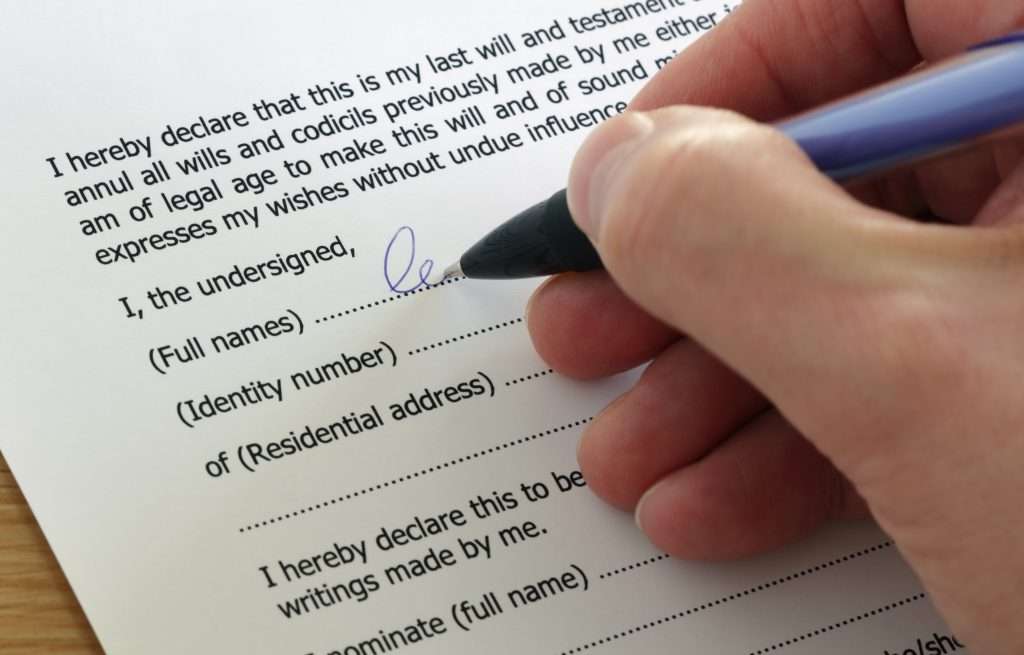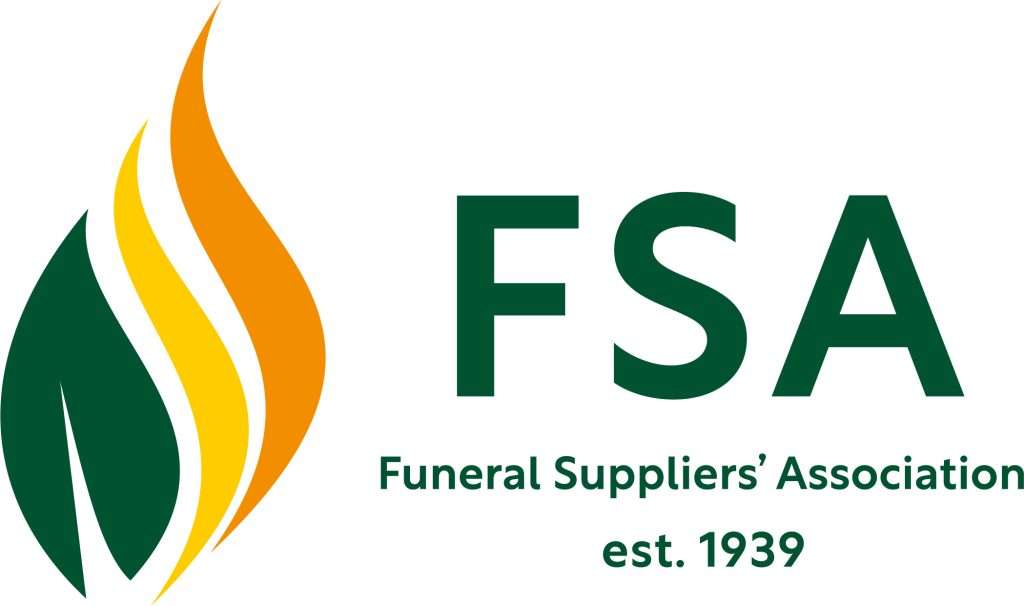
What to Do When Someone Dies
While the passing of a loved one isn’t something any of us want to think about, it’s a situation most of us will face at some point in our lives. However, being prepared and knowing what to do in the event of someone’s death can make the process a little easier. Here are some of the main tasks that need to be carried out after someone dies.
Collect the medical certificate
You will need to have a medical certificate in order to register the person’s death. This can be obtained from the hospital if the death occurred there, or their GP if the person passed away at home or in a residential facility.
Register the death
A death must be registered with the Registrar of Births, Deaths & Marriages within 5 days at the office of registration nearest to where the person lived or the hospital in which they died. Fines may be imposed if you fail to register a death within this time. If you are having problems getting a medical certificate or registering a death within the time limit, you need to inform the registrar who may be able to extend the deadline. (For more information, read the government guidance on registering a death.)
Find the person’s will
While it might not always be practical to do this before arranging the funeral (or even possible if they never made a Will), if you can find the Will, all the better, as it may contain funeral instructions.
Arrange the funeral
The person may have stipulated who they wish to conduct their funeral in their Will, or you may need to instruct a Funeral Director of your choosing. How the funeral costs are paid will depend on whether the person had a funeral plan in place or if there is enough in the estate to cover the costs. If not, the responsibility for paying funeral costs may fall to the person arranging it. You can find out more about the financial help available for paying for a funeral here.
Get your paperwork together
Once the person has been laid to rest, their estate will need to be sorted out. To do this efficiently, you will need to collect as much paperwork and information as possible. That includes things like birth, marriage and death certificates, their National Insurance number, financial accounts, utility bills, pension information, house deeds, tax information and so on. The more information you can gather, the smoother the Probate and Estate Administration process is likely to be.
Apply for Probate
An appropriate person must apply for Probate in order to have the legal authority to manage and distribute someone’s estate. It may not be necessary in the case of a small estate under the value of £5000. If the estate does require Probate, there are two options:
- Where the deceased left a will with named Executors, the Executors can apply to the Probate Registry for a Grant of Probate
- Where there are no named Executors or no will at all, the primary beneficiary can apply for a Grant of Letters of Administration
Collectively, Grants of Probate and Grants of Letters of Administration are known as Grants of Representation and give the Executor or Administrator authority to handle the necessary legal and financial affairs.
Estate Administration
Once the legal authority to carry out Estate Administration has been conferred to the appropriate person, the process of settling the estate can begin. A small, uncomplicated estate may be settled in a matter of months. Larger or complicated estates may take a year or more. There are lots of legal and financial matters to square away during this process, so if the person handling the affairs is inexperienced, it’s a good idea to get professional guidance.
How Laurelo Probate specialists can help
At Laurelo, we’re experts in handling Probate and Estate Administration. We understand how difficult it can be to deal with all the paperwork after a loved one passes, especially when you’re still grieving. That’s why we’re here to give you the advice and practical assistance you need. With a Personal Estate Managers on your side, you can rest assured your loved one’s affairs are in safe hands.
Whether you require help with a Probate application, want to appoint a Professional Executor or need experts who can take the responsibility of full Estate Administration off your shoulders, we’ve got it covered. Talk to us today about how we can help on 0203 058 2329.
This article is intended to provide information only and does not constitute legal advice. We do not accept any responsibility for any omission or loss as a result of this article.
Recent Posts

19 February 2026
Can You Die Of A Broken Heart?
Read More

19 February 2026
How To Spot An Original Will
Read More

19 February 2026
Paul Radcliffe on Dying for a Cuppa® – A Candid Conversation About Death, Support and Probate
Read More

10 February 2026
Putting Families First In Probate, Not Awards
Read More

6 January 2026
Laurelo Celebrates Four Years of Outstanding Service from Lead Consultant Paul Radcliffe
Read More

19 December 2025
A Milestone That Means the World: 100 Google Reviews for Laurelo!!!
Read More






